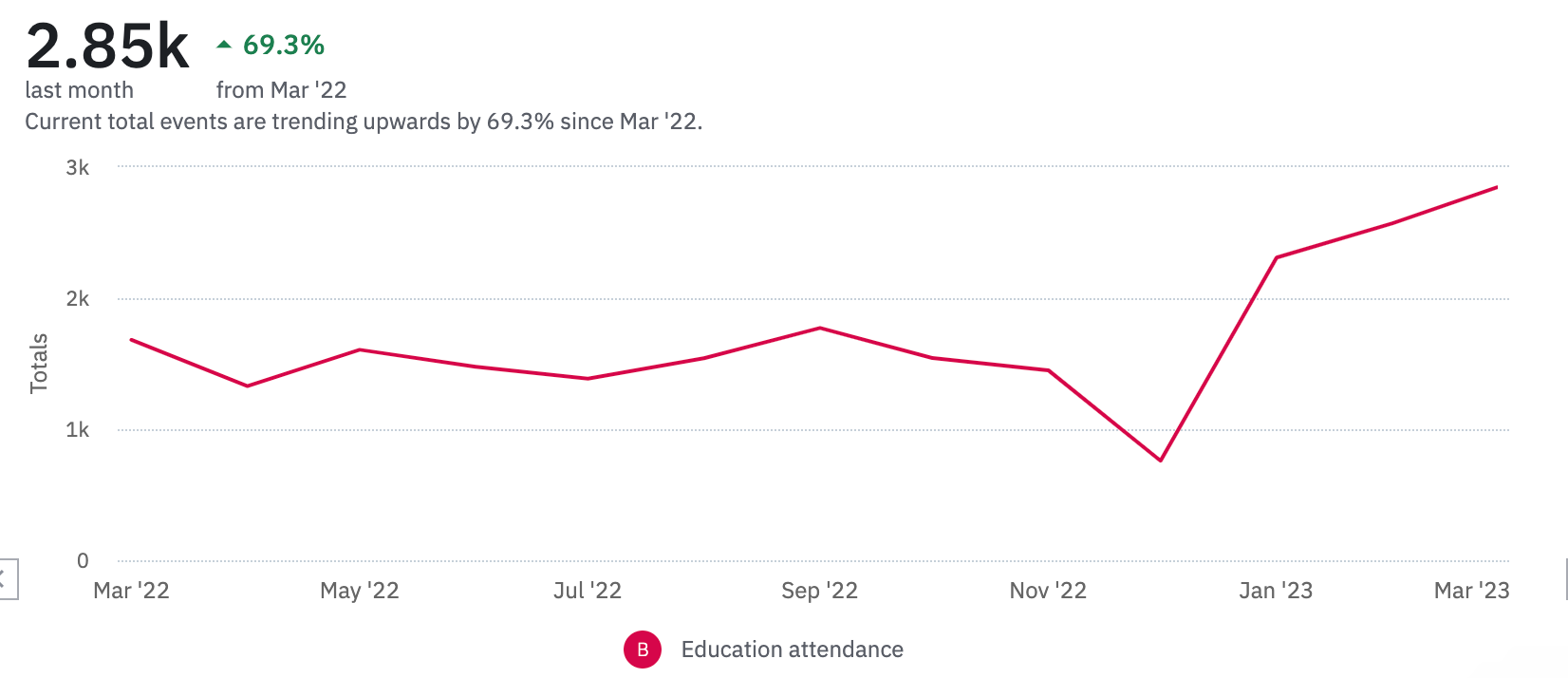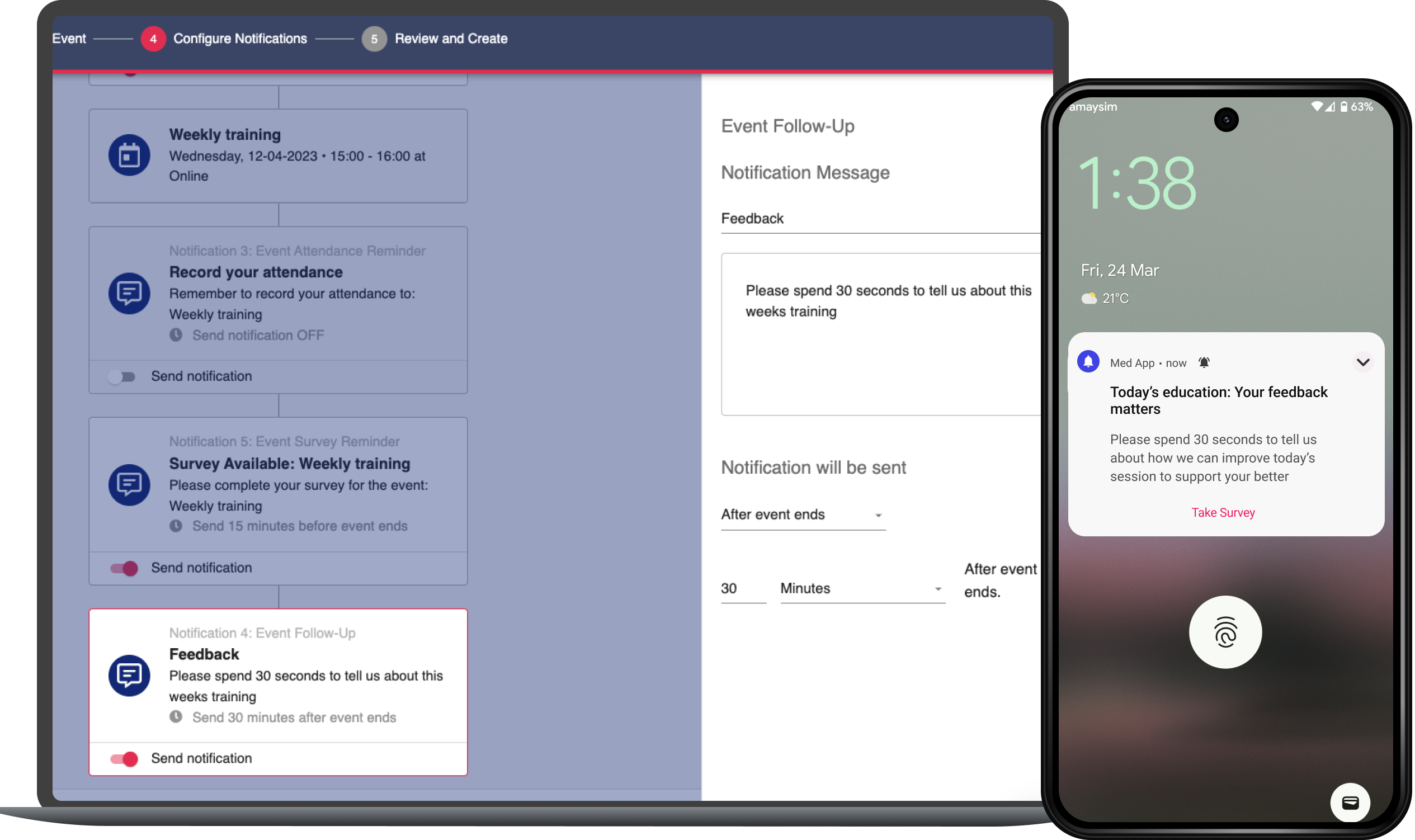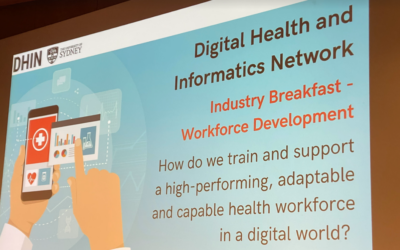Feedback is essential for improving the quality of education in your hospital and keeping clinicians performing at their best. In this post, we share tips from hospitals who have successfully adopted digital feedback collection using Med App.

Understand the root cause of the problem
Don’t assume you know why people are not filling out your surveys. Ask some of your trusted clinicians what the main barriers are. You might be surprised by what you find out. Then, you can address the specific issues that are preventing people from giving feedback.
Send reminders at the right time
Timing is everything when it comes to asking for feedback. If you send them too early or too late, they might be ignored or forgotten. A good practice is to schedule your reminders 15 minutes before the end of the session. That way, people can complete the survey while they are still in the learning mode and before they get busy with other tasks.

Allocate dedicated time for feedback.
Make sure you give people enough time to complete the survey during the session. Don’t expect them to do it on their own time or after they leave. If possible, make feedback part of the paid or protected teaching time. This will show people that you value their input and respect their time.
Explain why feedback is important
People are more likely to give feedback if they understand how it will benefit them and others. You can communicate this in two ways:
- Ask the presenters and educators to start and end their presentation with a few words about how feedback helps them improve their teaching skills, topics, and methods.
- Use persuasive wording in your notifications and survey messages. Avoid generic or boring texts that don’t motivate people to respond.
Example

Avoid survey fatigue
Survey fatigue is a common problem that can lower your response rate and quality. It happens when people get tired or bored of answering too many or too long surveys. Here are some ways to avoid survey fatigue and keep your respondents engaged.
Keep your surveys short and sweet. The longer your survey, the more likely people will drop out or lose interest. Ask yourself what are the most essential questions you need to ask and eliminate the rest. Aim for 80% or 90% of the value with 20% or 10% of the questions.
Close the loop
Close the feedback loop. Don’t let your survey results go to waste. Show your respondents that you appreciate their feedback and that you are using it to improve your teaching or education. Follow up with them and tell them how their responses influenced your future actions or decisions. This will make them feel valued and heard and encourage them to respond again.
Increase the number of reminders (last resort)
Reminders can be helpful to nudge people who might have forgotten or missed your survey. However, they can also be annoying or intrusive if they are too frequent or too late. If you have to send more than one reminder, make sure you do it before the end of the session or shortly after. Don’t spam people with notifications after they have left the paid education time or moved on to other tasks.

By following these tips, you can increase your education session feedback and use it to enhance your learning outcomes and satisfaction.😊
Support your staff, reduce overheads and implement these ideas at your hospital
Click below to speak with one of our hospital success team to understand more about how this could be implemented at your hospital.





0 Comments